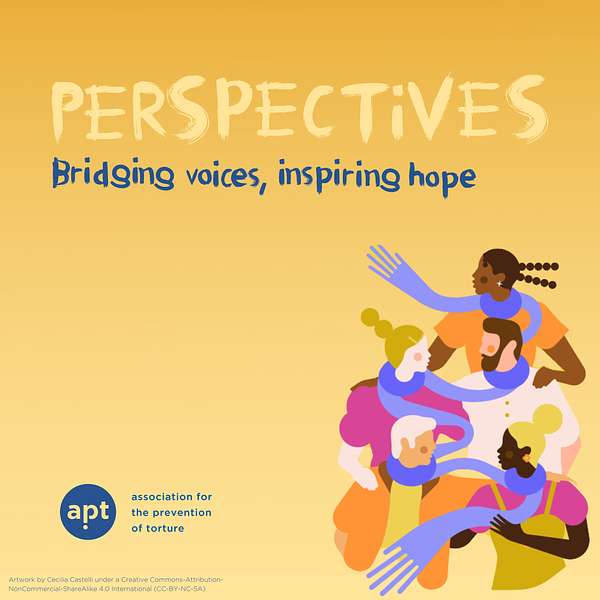
PERSPECTIVES - Bridging voices, inspiring hope
PERSPECTIVES - Bridging voices, inspiring hope
The Principle of "Do No Harm" & Detention Monitoring : From Theory to Practice - Part 2
In the current public health crisis, persons deprived of liberty are exposed to greater health risks. The present situation exacerbates existing situations of vulnerabilities of a population already disproportionately suffering from chronic respiratory diseases, cardiovascular conditions, or immunodeficiency. A pandemic situation such as this one forces monitoring bodies to think differently in order to continue fulfilling their mandate in alternative ways, while respecting the principle of Do no harm.
This week, the APT returns with the second part of our “detention monitoring and the principle of do no harm” series where we will be listening to Professor Hans Wolff, Head of the Department of Prison Medicine and Psychiatry at the University Hospitals of Geneva. Professor Wolff is also one of the members of the European Committee for the Prevention of Torture (CPT). As a medical practitioner and a member of the CPT, Professor Wolff provided a very practical and insightful view on this topic that includes the appropriate use of masks and gloves during visits and whether or not oversight bodies should do health screening or testing before conducting their monitoring activities.
To learn more about the CPT and their work in monitoring detention places in the European region, please visit https://www.coe.int/en/web/cpt